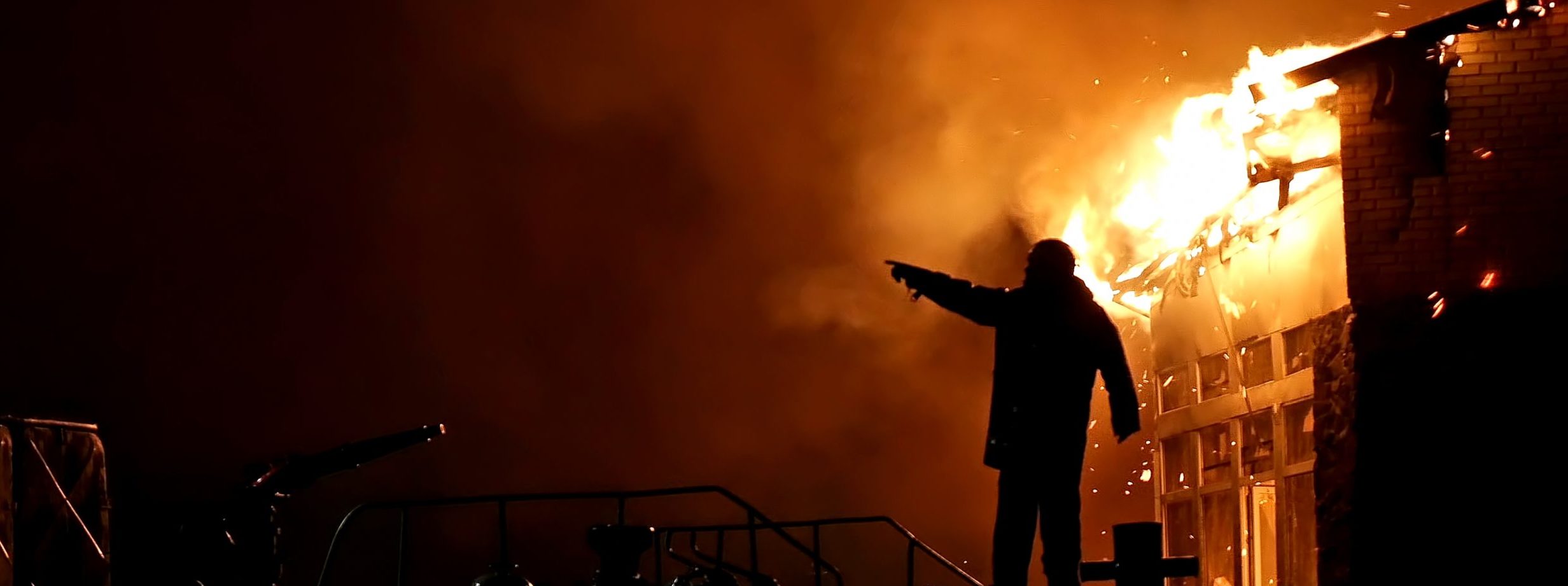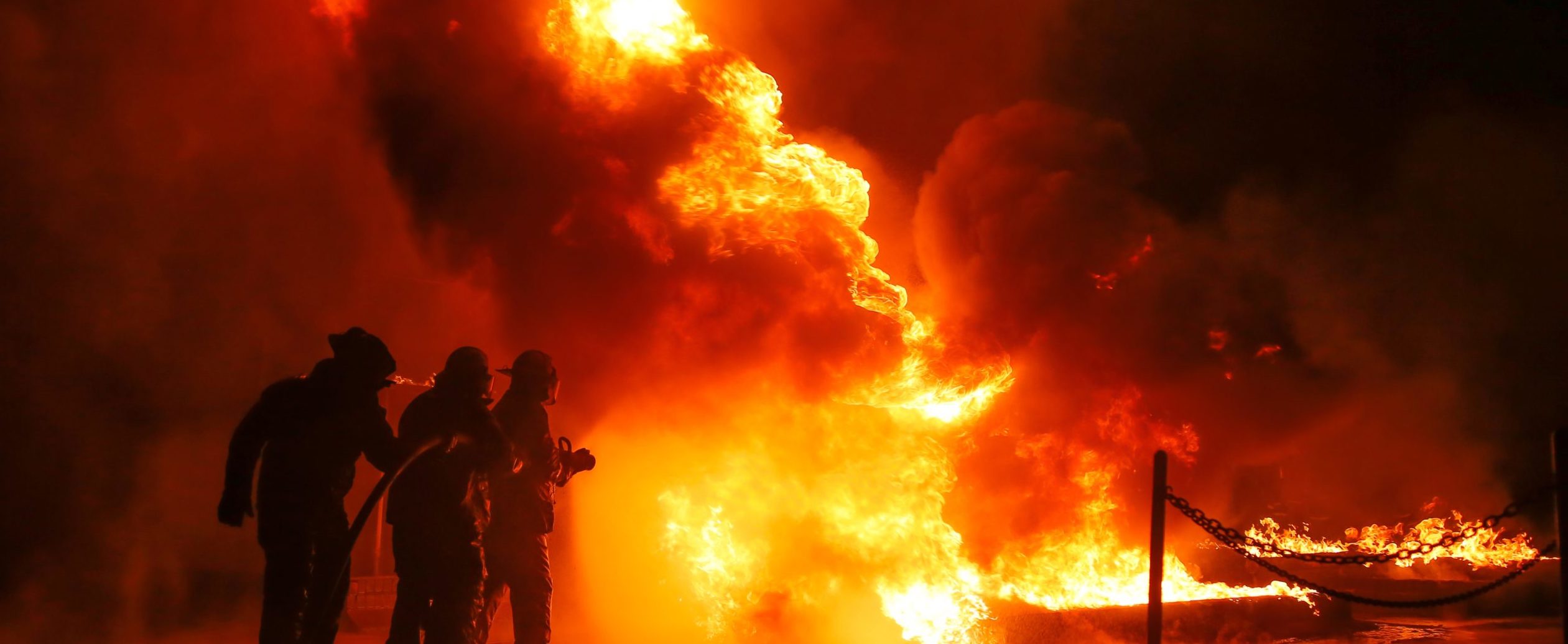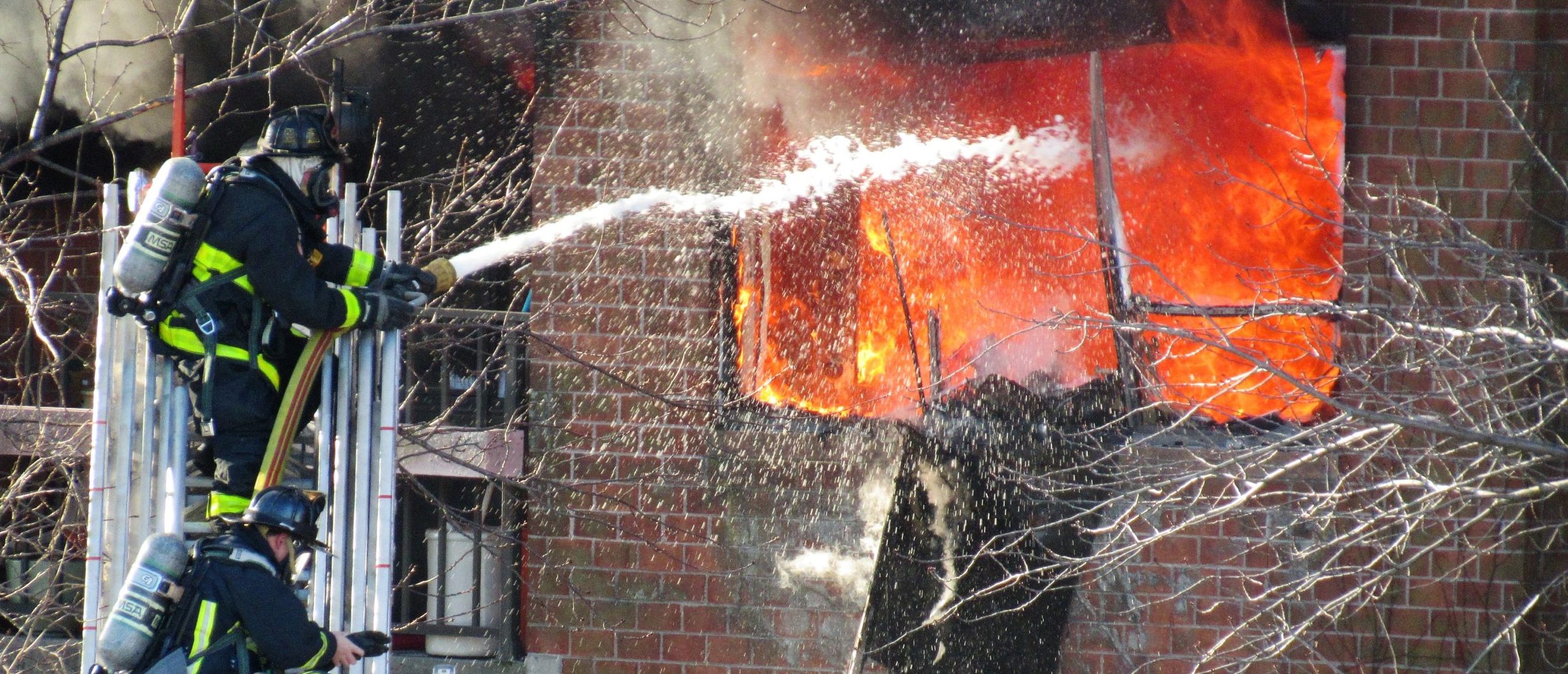Methodology
Psychological Treatment
FPC provides empirically supported, comprehensive treatment for individuals who engage in deliberate firesetting. Treatment begins with an initial evaluation to determine individualized treatment needs. Firesetting is often a symptom and not the root cause of the problem. It is important to understand the core issues leading to firesetting behavior. Diagnostic clarification is also conducted at the time of the intake evaluation. Common diagnoses related to firesetting behaviors include mood disorders, substance abuse disorders, impulse control disorders, pyromania, conduct disorder, and antisocial personality disorder.
FPC recognizes the importance of working collaboratively with clients to identify treatment goals and implement individualized treatment services. We strive to provide treatment in a respectful and culturally competent manner, and individuals are invited to be actively involved in decisions about their treatment, even when mandated to treatment. Treatment modalities include individual therapy, group therapy, psychoeducational materials and/or classes, and psychiatric consultation.

Psychoeducation
FPC offers psychoeducation modules which provide a combination of counseling and education on specific treatment targets related to firesetting behaviors. These modules help clients gain knowledge, learn skills, and develop interventions relevant to their treatment goals. Effective management techniques and supportive interventions are aspects that are incorporated into the psychoeducation courses.
Terminology
- Pyromania is a psychiatric disorder which refers to the deliberate and purpose firesetting on more than one occasion with tension or affective arousal before the act, fascination with fire, pleasure or gratification when setting fires. The motivation for the firesetting is not monetary gain or expression of anger or vengeance.
- Arson refers the criminal act of deliberately setting a fire
- Firesetter is a general term used to refer to one who sets fires.
- Firesetting risk refers to the empirically base factors which lead to risk of setting fires.
Fire safety education is a core component of all psychoeducational approaches.
Psychological treatment approaches generally utilize a cognitive behavioral approach targeting a range of risk factors associated with firesetting.

Psychopharmacological Treatment
FPC offers medication management of comorbid psychiatric disorders which may contribute to firesetting or violent behaviors. FPC offers both psychopharmacologic consultation as well as ongoing psychopharmacologic management.
The goal of psychopharmacologic treatment is to treat those comorbid disorders that contribute to the firesetting behavior. There is no specific treatment for firesetting behavior but the treatment of comorbid disorders can impact the overall firesetting risk.

Assessment Instruments
FPC conducts comprehensive evaluations for adults who have deliberately set fires and/or are at risk to do so. Risk assessment for firesetting is an under-researched area, and there is no standardized evaluation tool to measure risk of firesetting recidivism for adults. There is also a lack of clarity in the literature regarding the base rate of reoffending. Our evaluators utilize approaches that are informed by the most current research and are consistent with best practices. Comprehensive evaluations include a record review, contact with collateral sources, clinical interview, risk assessment, and use of empirically supported instruments (when applicable).
The following instruments are used at FPC, although the list is not exhaustive and is informed by current best practices:
- Four Factor Fire Scales (O’Ciarrha, Tyler, & Gannon, 2016)
- Fire Interest Rating Scale
- Fire Attitude Scale
- Identification with Fire Questionnaire
- HCR-20 Version 3, which is a widely used instrument that serves as a structured professional judgment approach to violence risk assessment and management.
- Level of Service Inventory-Revised, which is a widely used instrument for risk management assessments
- Structured Assessment of Protective Factors for Violence Risk (SAPROF), which is a structured professional judgment approach to the assessment of protective factors for violence risk.

Contact Us
Learn More
